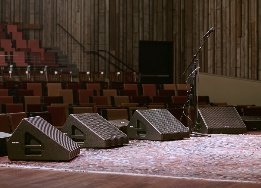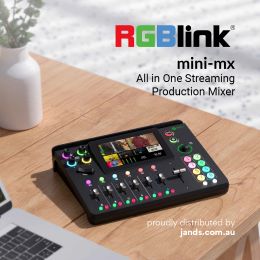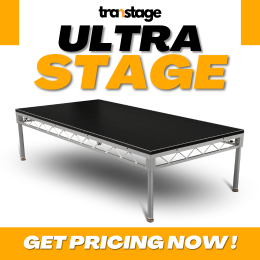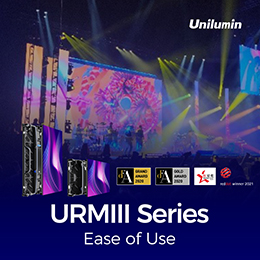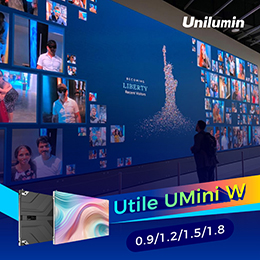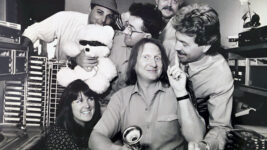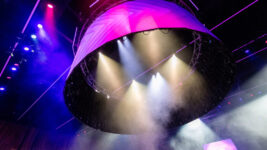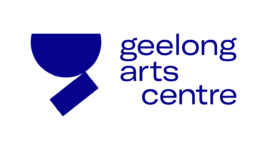Subscribe to CX E-News
From CX 1997: Protalk ! All about tape
Compiled by Dan Cole
What breed of tape should you use and what to watch out for are crucial questions.
Duncan Wood is from World Record Studios and Tap, Brisbane, and says that whether it’s good or bad, tape will be here for many years to come. He continues, ‘Even if just for the fact that 70% of digital hard drive recording systems are backed up onto where? Tape!! Modular digital multitracks use tape as does DAT and this list goes on. I use both formats as do many other professionals.’
Greg Dixon from Aphek Studios (NSW) contributes: ‘I use Ampex 456 multitrack because what you give it is what you get back – sometimes better. The hotter tapes don’t sound as good because they add to the sound and also shed particles like nobodies business. Regarding DATS, we are currently experimenting with different brands since Denon are no longer available (stupid distributors).. TDK seem unreliable. For the moment you can’t beat analog tape on a good machine for tone. Ultimately they will get digital right with a significantly higher sampling rate and then hard disc will be the way to go but for now, tape wins.’
‘We record direct to disc,’ says Darren Halifax from Satellite Recording Studios, WA, ‘We do however mix down to TDK DATS purchased from Parr Pianos. The only hassles we have had are with digital clipping. We now avoid this by using Waves L1 look-ahead limiter and waveform enhancer. It has saved us literally hours of time. We also back-up our sessions (computer backup) onto Sony data storage discs which have a capacity of 4Gb uncompressed, also saving us a major headache.’
From Damien Gerards in Sydney: ‘We use Ampex 499 Gold Master. 499 was one of the first of the new breed of high level analog tapes to hit the market in the early ’90s giving analog a new lease of life in the face of digital developments.. Since then other manufacturers have released their own high level tape such as BASF 900 which we have tried but always find Ampex better and more reliable from batch to batch. 499 is designed to run very hot; around +9 to +12 and generally the more you give the better it sounds. If you want to run tape at more conservative levels and don’t want the character that 499 gives to the program Ampex still produce the legendary 456 tape which was the industry standard for over 20 years. In fact FLOOD just used 456 on the latest U2 album. Analog tape lasts a long time if stored correctly, up to 30 years or more, (George Martin recently did a video special on the making of Sgt. Peppers using the original 1″ 4-track reels). Analog tape will last longer than digital tape which is prone to drop outs and data loss after 5 to 10 years also, Ampex provides a service called baking which will restore your tape enough to allow a backup to be made. This service is free of charge for ANY genuine Ampex tape. No other manufacturer does this. We’ve never had any Ampex tape break in over 12 years. For DATS and cassettes we also use Ampex: Sony for DATS and TDK for cassettes depending on the client’s budget.’
Greg Hopping from Nu-Town Studio (NSW) adds: ‘For the past few yearswe have been using BASF 911. This is because it will tolerate a hotter signal to tape and leaves less residue os the heads compared to other brands. Overall sound quality seems to be better. We get it from Audio Visual designs; it lasts well, never breaks and as I said you can run it nice and hot. Tape is definitely part of our future, we love it!’
Guy Dickerson from Megaphon Studios (NSW) said: ‘Analog 2″ costs about $280 per roll for 16 1/2 minutes recording time at 30 i.p.s. We buy it from Quantegy, Ampex 499 which is calibrated at +9 – 510nWb/m for our Otari Mk3 24 track. (I also often run DA-88s in sync for extra tracks). Without a doubt analog tape provides more information and is dynamically only a little short of digital machines when considering tape hiss. The Sony 8mm tapes are considered better mainly due to how easy they are on the heads of the DA-88. Tape is sharing the future with hard disk for us because analog still sounds better. I constantly A-B analog and digital. I think it’s early days for anything other than analog but I look forward to any improvement.’
Norman James McCourt from C’est Ca Recording Services (VIC) said:’We had hundreds of Masters stored from 1979 onwards, all Ampex 456. When we came to use them they had all deteriorated so badly they were mostly unusable. It was a huge loss as there were some very valuable masters involved, some historical in fact.. Since then we have been reluctant to put all our eggs in one (tape suppliers) basket and we now mix our tape supplies.. Marketing and image seem to be what sells tape nowadays, not quality and long term stability. Most brands are very good today but long term stability is the question (?)’
Gordon Hervey from Charing Cross Studio (NSW) adds: ‘We once bounced a DAT tape down the stairs to see what would happen and found that it played with a much higher error rate than before. Digital mastering, DVD and digital TV (formally HDTV) are heading towards 96 kHz sample rates so doing your mixes to 96k DAT (such as the Pioneer from A.W.A) or analog tape is essential for better high frequency reproduction in the future if you are using an analog multitrack. At high volume levels most engineers like the high end of an original half-inch analog master compared to its 44kHz backup DAT tape.’
Rick Cameron from Festival Studio and Mastering (Sydney) says: ‘Our studio uses Ampex tape for multitrack recording and we source it from Quantegy. Our house standard level is 510nW/m for 999. Some of our other Ampex master tapes date back to 1973. The majority of projects recorded at Festival are analog. Long live analog.’
Wombat Rd Recording Studio’s (VIC) Barrie Clissold chips in: ‘We use a variety of tape depending on the particular requirements. Our analog 16-track machine is aligned for Ampex499 which works well: you can push this tape so hard to 8+ or 10dB and it still sounds great! We have found TDK is the most reliable in our ADAT machines although the SE-240 length tapes are a bit “iffy”. We also use TDK-SA or BASF chrome for all our cassette duplication. Ampex DAT tapes seem to be totally reliable.
Our tape of the future is probably a hard disc as used in our 16-track hard disc system.’
Thank you to all our contributors!
Subscribe
Published monthly since 1991, our famous AV industry magazine is free for download or pay for print. Subscribers also receive CX News, our free weekly email with the latest industry news and jobs.


